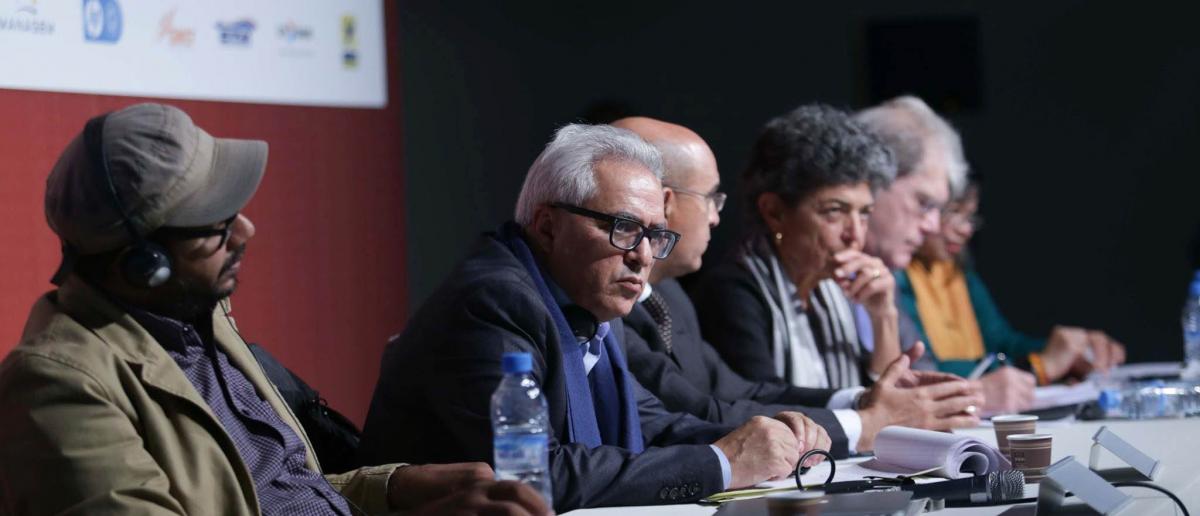Can religious traditions and human rights be reconciled?

Two eminent experts from Morocco and four activists and experts from different parts of the world (panelists), and dozens of human rights & civil society activists, researchers, students, lawyers, etc. gathered in a meeting held by the National Human Rights Council and the International Federation for Human Rights, at the World Human Rights Forum (Marrakesh 2014), to answer this one question: can we reconcile religious traditions and human rights?
Ideas and arguments and counterarguments; a heated debate over a highly topical issue between those who defend religious traditions and particularity vs. universality. Two groups each one of them different thoughts, beliefs and conceptions on religion, particularity, universality, etc. What was interesting was that the universality of human rights was the only platform that could bring these people together under the same roof. In fact, this was one of the main conclusions of this meeting.
Can we really reconcile religious traditions and human rights? Yes, we can. The universality of human rights can be a platform for debate and coexistence. Tolerance is another key ingredient. Religions should be separated from States and politics. In some societies, religious texts should be revisited and reinterpreted. The same thing also applies on many religious traditions that may not be so effective.
“Everyone has the right to freedom of thought, conscience and religion; this right includes freedom to change his religion or belief, and freedom, either alone or in community with others and in public or private, to manifest his religion or belief in teaching, practice, worship and observance.” (Article 18 of the Universal Declaration of Human Rights).






















